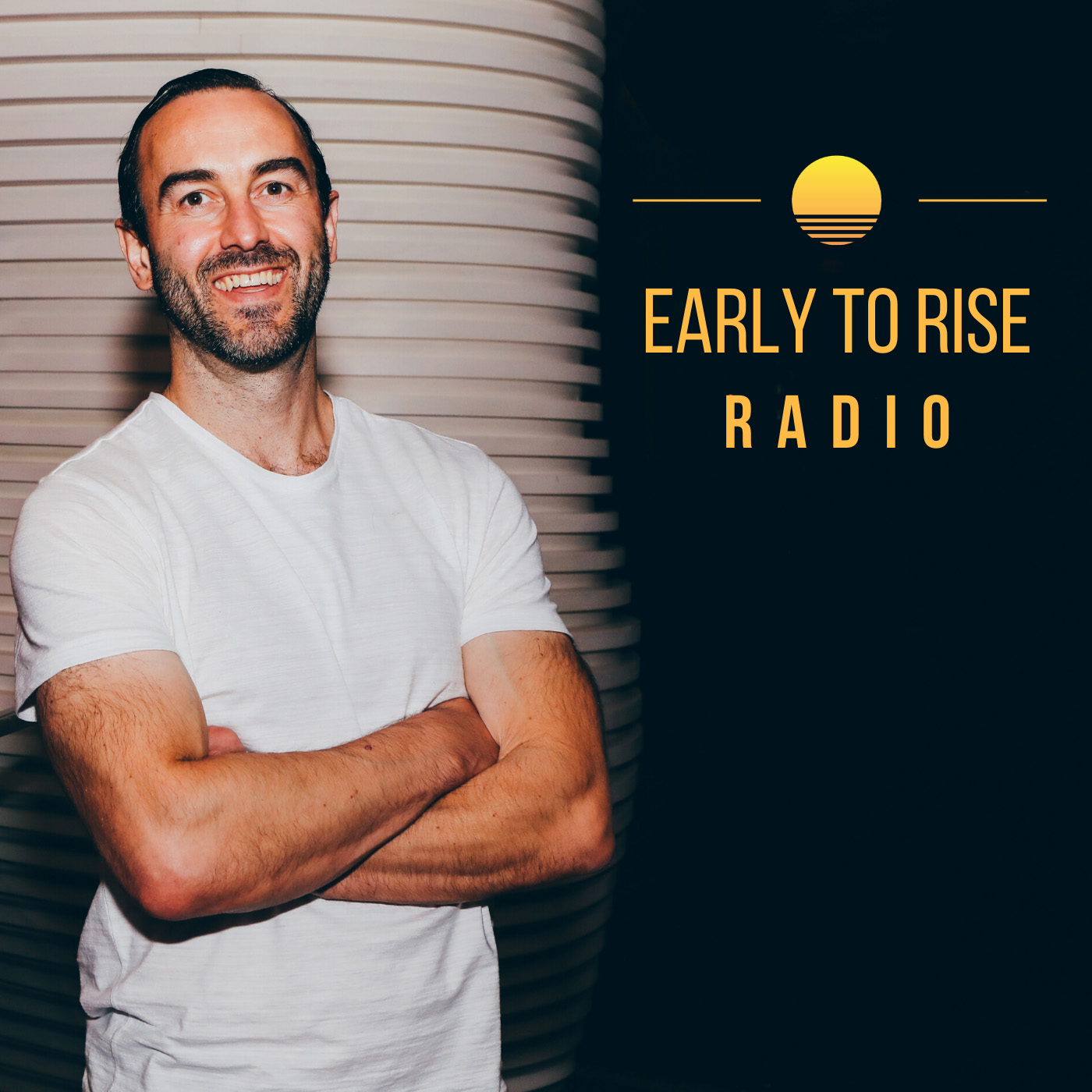054 – What Parenting Can Teach You About Great Leadership (and Vice-Versa)

Podcast: Play in new window | Download
For the last 25 years, Joanne Stern has been consulting with hundreds of America’s families to help them keep what they have worked so hard to earn, but more importantly, she’s also learned lessons that help families grow stronger at the same time.
Let’s give the interview over now to ETR Editor, Jeff Steen, and his guest, Joanne Stern.
Just for clarification, what exactly is a family wealth preservation consultant. What do you do, what is that role?
I’m glad you asked actually because there are undeniable, undisputed statistics and studies that show that 70% of families of wealth lose that wealth within three generations.
It’s like the first generation makes it and the second generation spends it. By the time that wealth gets to your grandchildren, if you’re the wealth creator, that wealth is pretty much gone.
Joanne Stern
The vast majority of failures have their root cause in lack of communication and distrust. The basis of the work that I do in consulting with families of wealth is to help them work on their family dynamics and their family relationships:
- Help them improve their communication skills
- Build their bonding and their family harmony
- Increase their trust and communication so that when they get together, they make more good decisions than bad decisions
That’s really the bottom line, if you make more good decisions than bad decisions, you will preserve and grow your wealth. If you have family discord and tension and stress and rebellion and family members who are in conflict with each other for a myriad of reasons, you won’t be able to come together and have healthy discussions and conversations about important family members, and your wealth goes down the drain.
I’m wondering if the problems that you see that cause this dissipation of wealth over three generations are those problems the same problems that other families have?
Some of them are just regular normal family issues.
For example, one of the things that I deal with is obviously your family grows and expands because people get married and they bring what I call immigrants into the family.
- They have a different socioeconomic background.
- They have a different cultural background.
- They have a different perspective and view on life.
That happens in any and every family.
Anybody and everyone can have an addiction in their family, but when you have a 35-year-old second generation who is poised to become the president of your family business that’s worth 50 or 500 million dollars, and this 35-year-old happens to be a drug addict, an alcoholic, then it involves the family in ways that if there was no money in the family, you would deal with it differently and it would have a different set of ramifications on the family.
I always say the mix of love and money is really difficult.
In your experience, have you seen a series pain points for a lot of business types who don’t have experience at home with parenting?
I would have to say that in my own personal research, I talk with them about what they felt they learned at home that helped them.
In our conversations, it was like “What do you think makes you good at your work?” I’d say where do you think you learned that? That’s what they said to me. “Oh, you know what? I learned that at home.” People who were not parents, being a parent, I would have to say that it absolutely changes you and that people who are not parents have a different perspective or view on life and a different way of doing things.
I think people that I know that are my age who haven’t been parents often don’t have the same sensibilities or sensitivities to the complexities of life, or the compassion for other people’s struggles and hurdles because they’re just going through life with their own stuff. They haven’t had to bend to the needs of a little person that they love more than their own life.
It makes a difference in who you are and how you approach your world.
What is your take on decision making when a parent has children?
I have two concepts with decision making.
- The first one is that making a decision within the appropriate context.
- The other one is trying to create consensus.
How about empowerment? How do you see that in terms of a family?
One of the most important things that a parent can do with a child is to encourage.
I would say even gently push the child into making their own decisions. Gradually, in age-appropriate ways, giving them more responsibility so that they learn to make better decisions. You don’t just turn 21 and suddenly you’re an adult and now suddenly you can make great decisions. You have to learn that gradually over time.
How should parents teach and value people skills?
Successful career women from one end of the country to the other that I talked with said that this is their first and foremost skill that has led to their success.
What I mean by people skills is just showing:
- Compassion
- Caring
- Empathy
- Being encouraging
- Being understanding
- Being kind
It’s more of having a human connection to the people at your work.
Can you talk about what you learn in the office that has tremendous application as a parent at home?
I think that sometimes you will find that these are maybe very similar things, only stated in a more business vernacular than parent vernacular.
The first one is an open door policy. Doors used to be closed. Walls were wood. Now, walls are glass and doors are open. Obviously, in most workplaces, there are open cubicles where employees have more availability and access to each other. There’s just a whole culture that promotes sharing.
The second one is understanding new communication styles. In business, the old top-down command and obey? Gone. Nobody likes to be ordered around. Not at home, not at work. If you do, you know what happens at work? It creates:
- A lack of cooperation
- A lack of participation
- A lack of motivation
The third is participation. I think there’s more of a sense in businesses of encouraging people to participate. They’re creating a sense of team and teamwork. Giving employees a sense of ownership, that is so important.
The fourth is defining the corporate culture. Every business has a culture. It’s not like you get to choose if you want to have one or not. It’s the environment in which you do your business. It’s the feeling that you have when you’re in that space. The question is:
- Does it promote the well-being of the employees or not?
- Is it positive? Is this culture that we have positive for employees or is it negative?
- Do people like to work here? Why or why not?
- What do we need to change to make our workplace more positive for everyone who works here and more productive?
The last one is creating a business plan. When you think about it, somebody who wants to start a business wouldn’t even dream of starting it unless they knew what they were trying to achieve. What do we want to create or provide, or what action steps are we going to take to get there?
They spend a lot of time thinking about and creating their vision statement and their mission statement, and where are we going and how do we plan to get there? They spend a lot of time writing this business plan before they even think about getting started with their business. They have to know how much money they’re going to need to start and to keep going.
This has been truly fantastic, Joanna. Is there any way for listeners to reach out to you?
Yes, people can go to my website and get intouch with me there.

